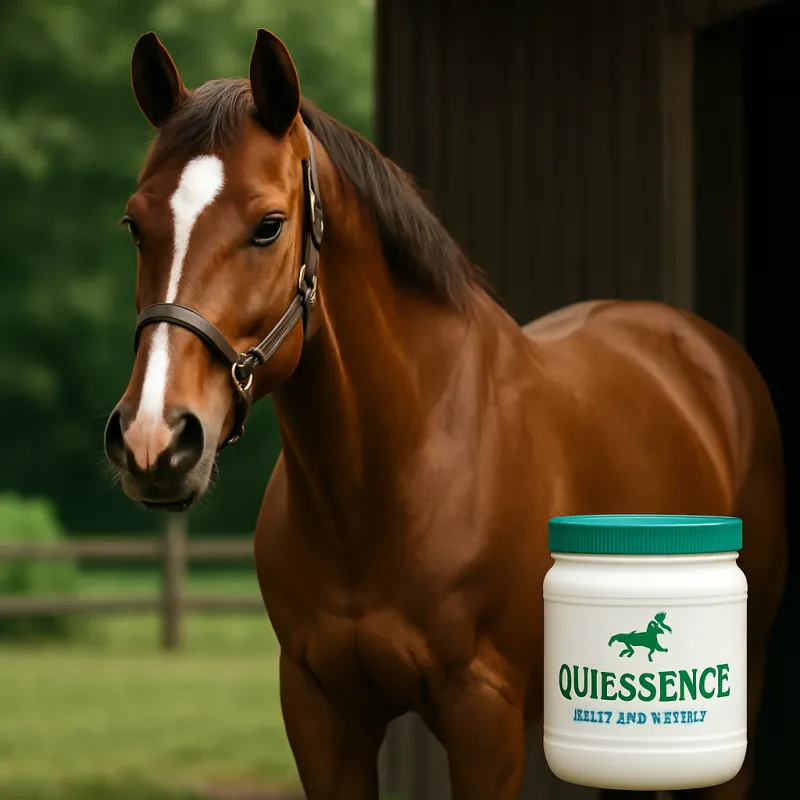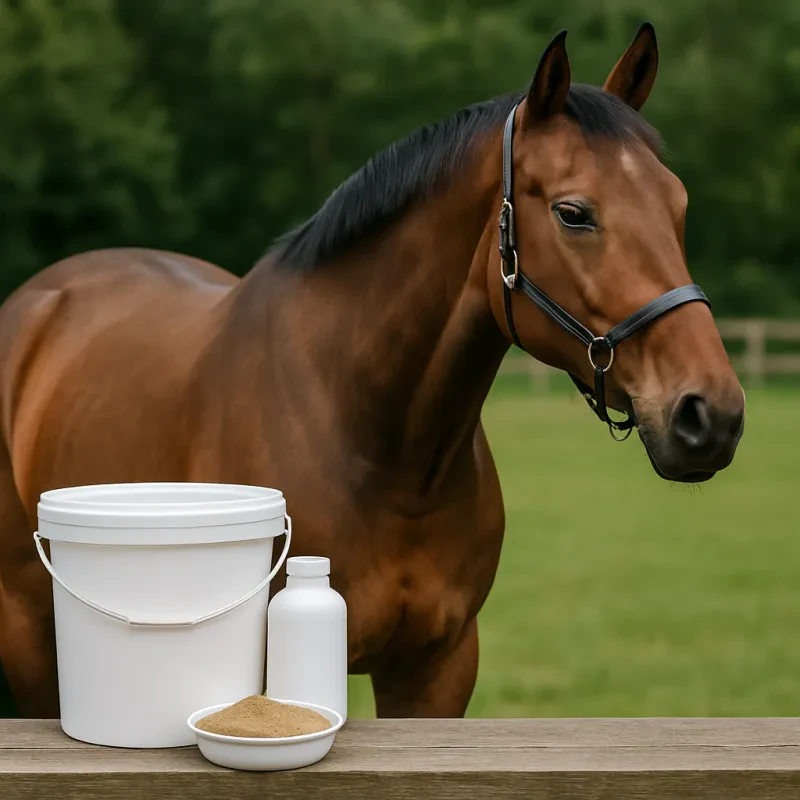Organic feed for horses offers a wide range of benefits that can significantly improve your horse's health and well-being. One of the main advantages of organic feed is that it is free from harmful chemicals and pesticides that can be found in conventional feed. By feeding your horse organic feed, you can help reduce their exposure to potentially harmful substances that can have a negative impact on their overall health.
Organic feed is also typically higher in quality and nutrients compared to conventional feed. Organic crops are grown in nutrient-rich soil without the use of synthetic fertilizers, resulting in feed that is more nutrient-dense and better for your horse's digestion. In addition, organic feed is often fresher and more flavorful, leading to increased palatability and a higher overall intake of nutrients for your horse.
Furthermore, choosing organic feed for your horse can also benefit the environment. Organic farming practices promote soil health and biodiversity, as well as reduce water and air pollution. By supporting organic agriculture, you are not only helping to improve your horse's health, but also contributing to a more sustainable and environmentally-friendly food system. Overall, making the switch to organic feed for your horse can have a positive impact on their health, as well as the health of the planet.
Choosing the Right Organic Feed for Your Horse
When it comes to ensuring your horse’s health and well-being, choosing the right feed is essential. Organic feed can provide your horse with the nutrients they need to thrive, while also reducing their exposure to harmful chemicals and pesticides. But with so many options available, how do you know which organic feed is the best choice for your horse?
First and foremost, it’s important to look for organic feed that is specifically formulated for horses. This will ensure that your horse is getting the right balance of nutrients to support their overall health and performance. Look for organic feed that contains high-quality ingredients such as organic grains, fruits, and vegetables.
Additionally, consider your horse’s individual needs when choosing organic feed. Factors such as age, activity level, and any health issues should be taken into account when selecting the right feed for your horse. Consulting with a veterinarian or equine nutritionist can also help you make an informed decision.
Tips for Transitioning to Organic Feed
If you're considering transitioning your horse to organic feed, there are a few important tips to keep in mind to ensure a smooth and successful transition. One of the most important things to remember is to make the switch gradually. Sudden changes in diet can upset your horse's digestive system, so slowly introduce the organic feed over the course of 1-2 weeks.
Another tip for transitioning to organic feed is to do your research. Not all organic feeds are created equal, so be sure to choose a high-quality feed that meets your horse's specific nutritional needs. Look for feeds that are certified organic and free from synthetic ingredients, pesticides, and GMOs.
It's also important to monitor your horse's health and behavior during the transition period. Keep an eye out for any signs of digestive upset, such as diarrhea or colic, and adjust the feed accordingly. Additionally, consider consulting with a veterinarian or equine nutritionist to ensure that your horse is receiving all the necessary nutrients from their new organic diet. With these tips in mind, you can help boost your horse's health and well-being with organic feed.
Incorporating Organic Feed into Your Horse's Diet
Organic feed is free from synthetic pesticides, chemicals, and genetically modified ingredients, making it a healthier choice for your horse. By choosing organic feed, you can ensure that your horse is getting the best possible nutrition without any harmful additives that can negatively impact their health. Look for organic feed options that are specifically designed for horses, as they will contain the necessary vitamins, minerals, and nutrients that your horse needs to thrive.
In addition to providing your horse with nutritious organic feed, it's also important to ensure that they have access to plenty of fresh water, high-quality forage, and regular exercise. By incorporating organic feed into your horse's diet and paying attention to their overall health and well-being, you can help them live a long and healthy life. Consider working with a veterinarian or equine nutritionist to develop a diet plan that meets your horse's specific needs and ensures they are getting the right balance of nutrients for optimal health.


